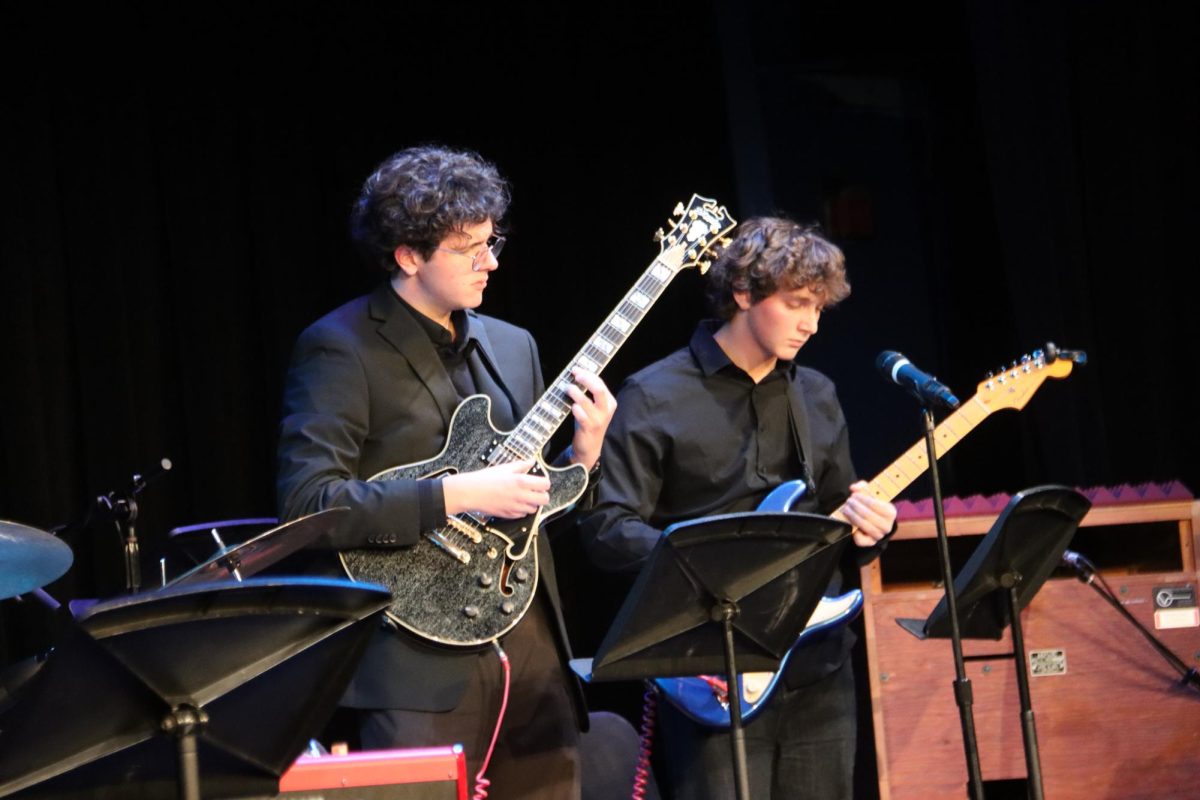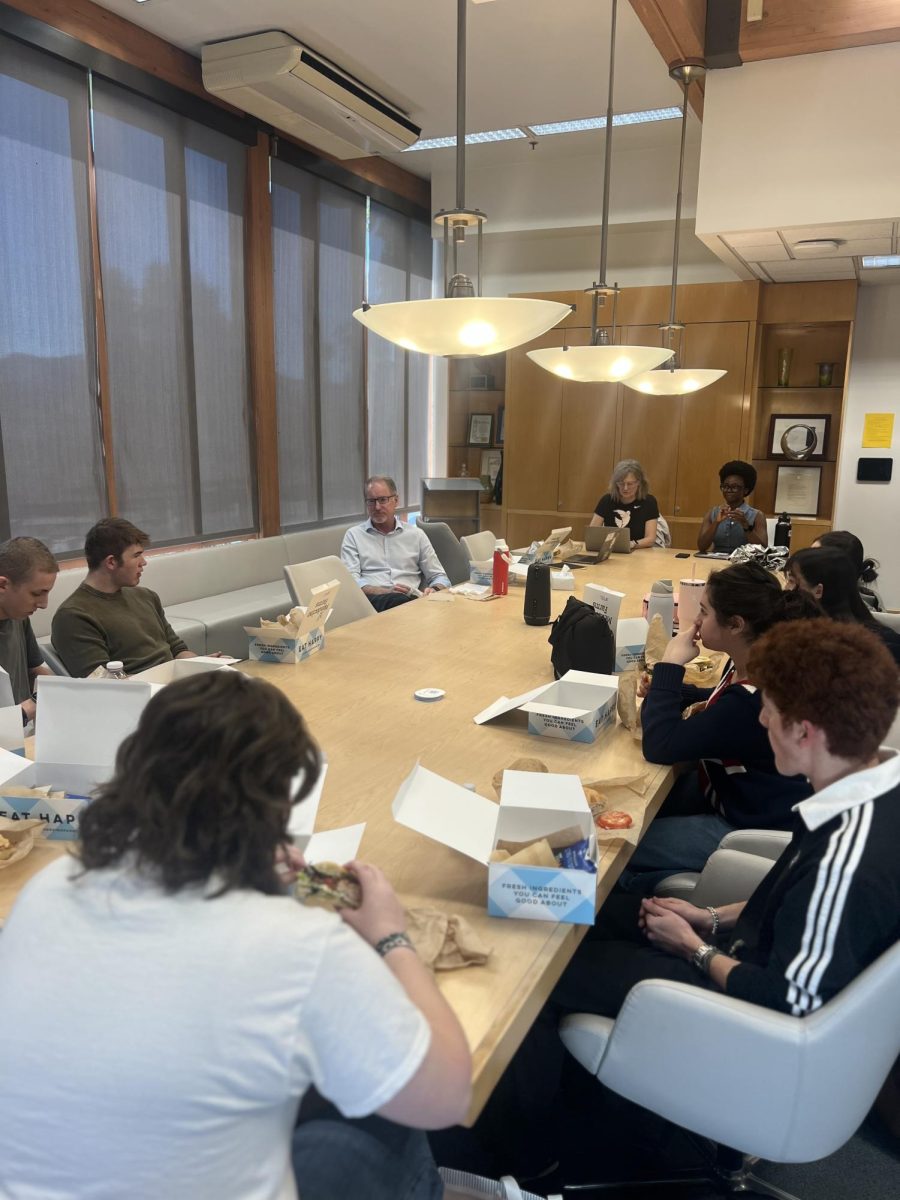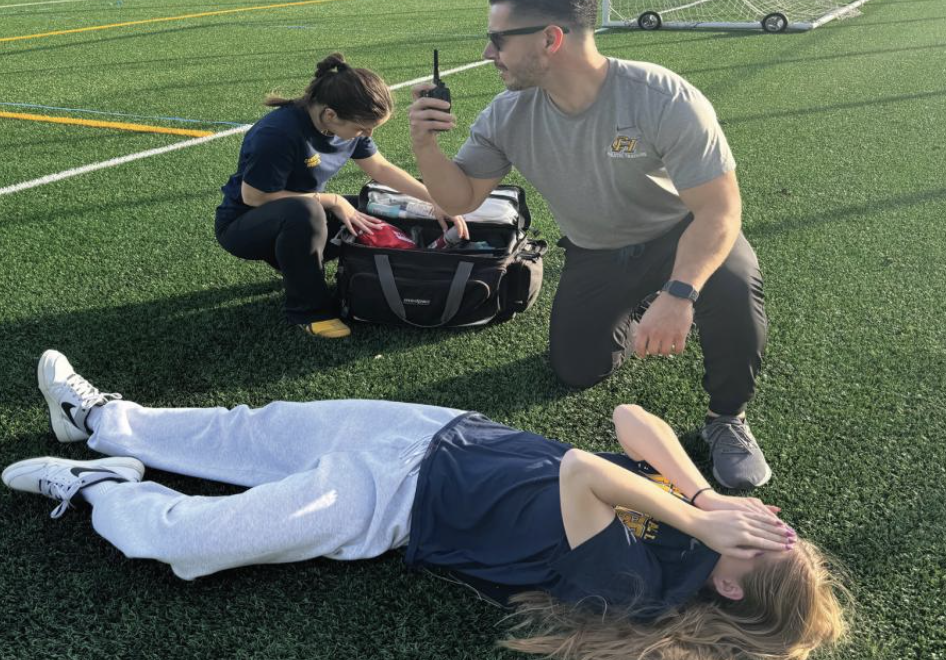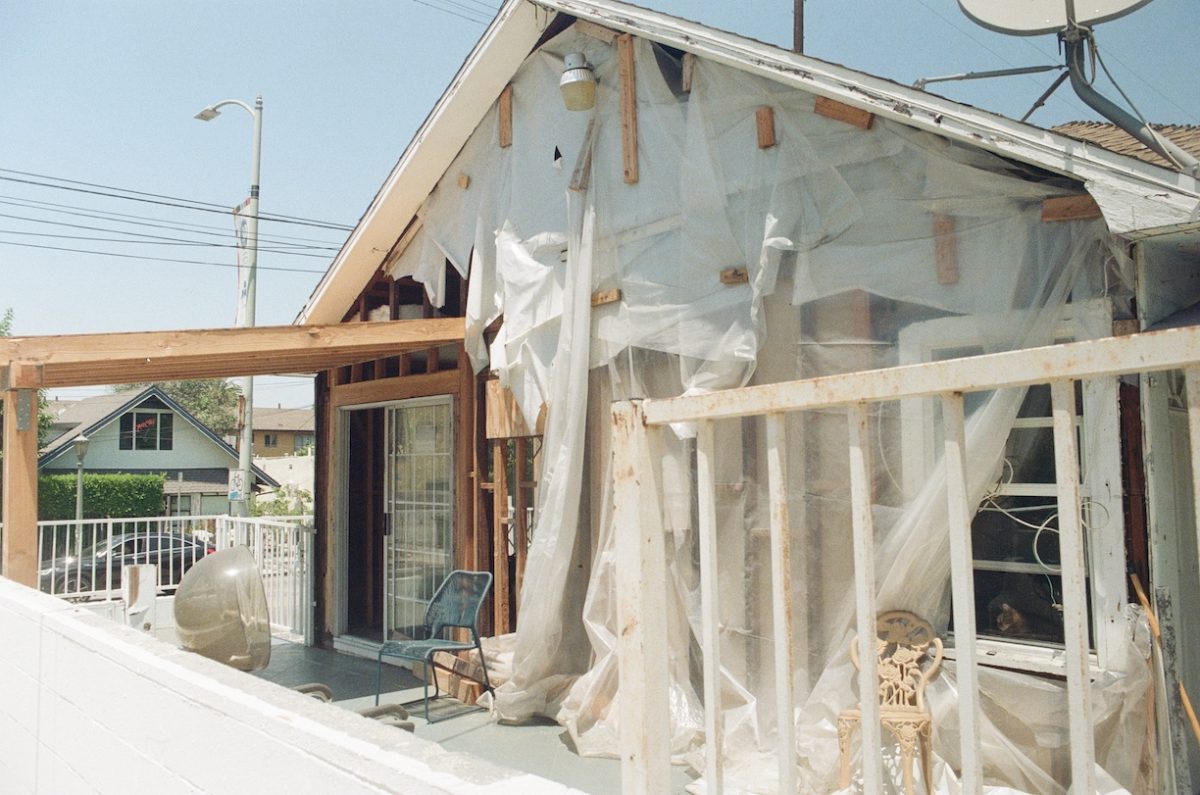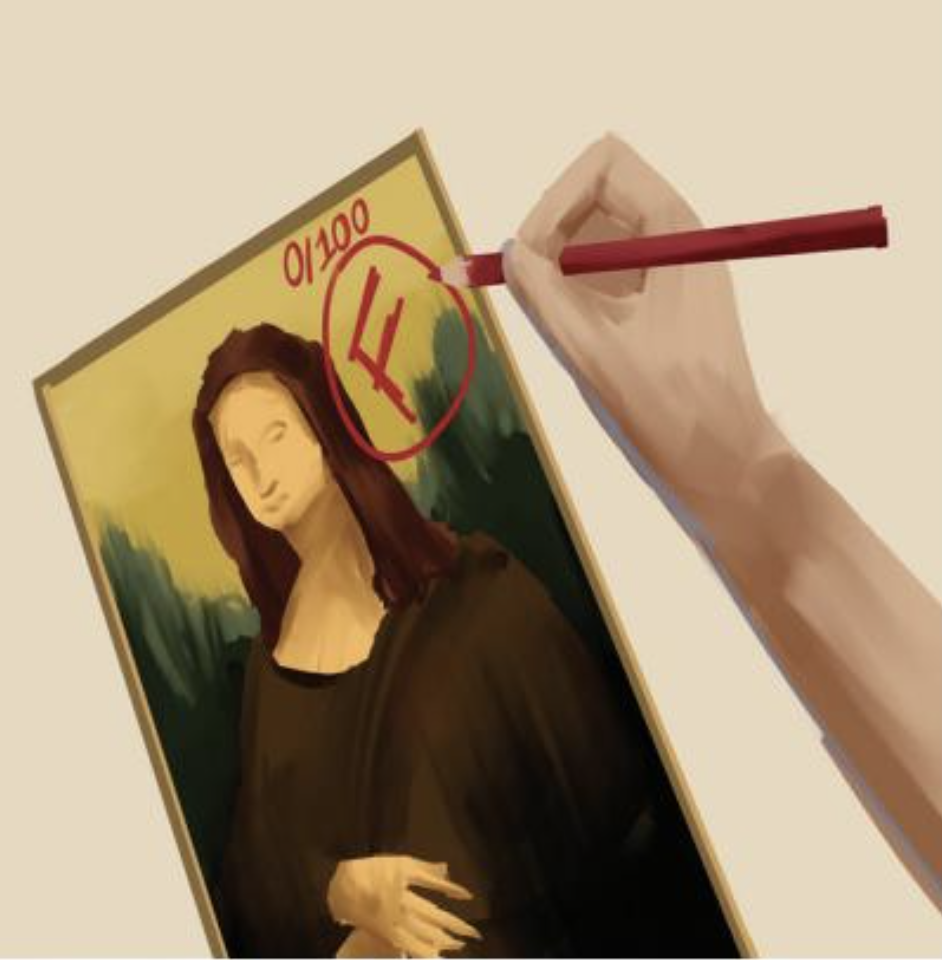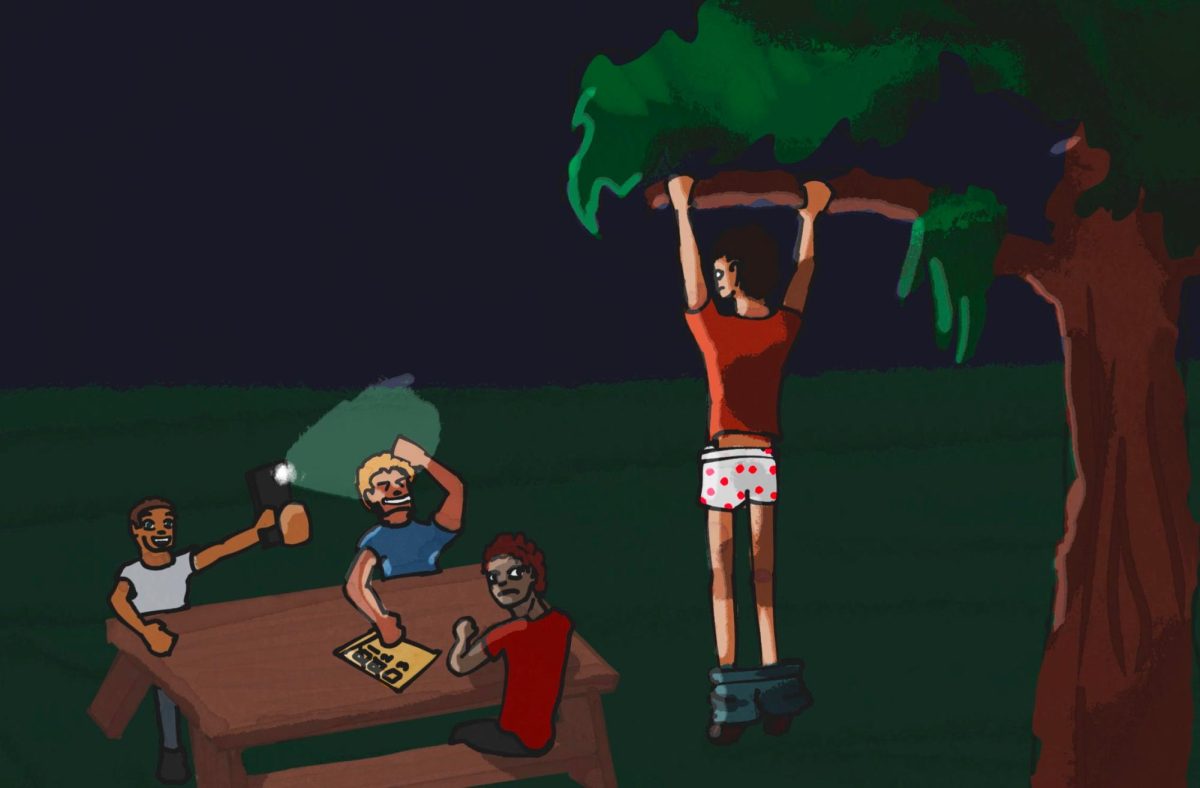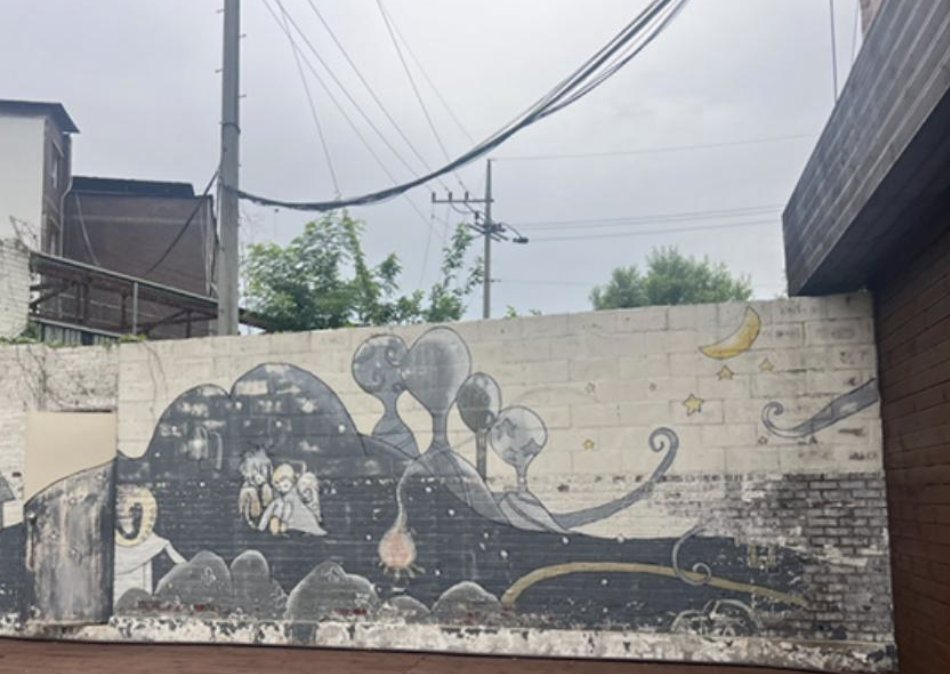Campbell Hall has a bullying problem. It’s a subtle problem; but if someone can pick up on social cues, it is apparent that many forms of bullying are occurring on campus: ironic praise, targeting and using people.
Ironic praise is a sarcastic gesture that might appear sincere but is in fact a form of teasing and mocking. We see this form of bullying in chapel. In chapel, a standing ovation, whooping or hollering are not always out of respect and appreciation. Sometimes, the student body collectively decides to express their negative opinion on a performance or person with an exaggerated round of applause. Students, teachers and guest speakers have been victims of this false praise, whether they realize it or not. Even though applause is outwardly positive, the ill intent is blatantly obvious to those participating. Many remarkable, deep and talent-filled performances on the chapel stage are the target of ironic praise because the student body does not deem the person worthy of authentic applause. There is some intangible quality about the person that makes it supposedly okay to degrade them. It diminishes the work of those who express their passions and values during chapel while degrading those on the receiving end of the exaggerated applause. It creates an environment on campus where vulnerability is punished and where students fear taking risks or sincerity out of fear of being mocked by their classmates. stifles creativity, confidence and emotional growth, three things Campbell Hall claims to foster.
There are other instances where a large group of people decide to target one person. Targeting is considered normal. There are a handful of people on campus who, for whatever reason, are singled out as the butt of the joke. In the Campbell Hall culture it has become normal to be passive-aggressive towards them, to make a joke at their expense, to smirk when they speak. They simply are the punching bag of their grade. Sometimes, we tell ourselves that these students bring this ridicule on themselves. But really, the problem lies with those of us who are making fun of people. Why is everyone allowed to make these people the scapegoat? Why would that make sense?
Often, students mock others because it is considered cool to mock them. Similarly, popular students ask less popular students for help with work, and those students are eager to help out any way they can. The student is elated to receive attention from a popular kid, but also realizes that they are being used. The popular kid, on the other hand, feels cooler in knowing their social status can influence others’ actions. While this is not an outward form of bullying, the principle is the same: it uses one’s superior status to obtain something they desire from another. Moreover, the student with high social standing might only talk to the other student when something is needed, not to create a friendship. This transactional relationship reinforces the idea that personal worth is conditional, that being seen and acknowledged depends solely on your usefulness to someone else, rather than on who you are as a person.
Social status, of course, is important to the adolescent brain. According to a UCLA Center for the Developing Adolescent article, levels of increased testosterone in the early stages of puberty heighten attention to social status. It also found that the reward system of the brain is stimulated when one evaluates their social status, and this good-natured feeling peaks during adolescence. Scientifically, it is impossible for students not to think about social status or their desire to have good standing in their community. One of the ways we attempt to have good standing is through subtle bullying. Everyone is guilty of it, and it is likely that we will all participate in it again. It is a way to feel validated, to feel included, to feel elevated. But we have to remember that it is at the expense of another person. We must recognize our actions, take responsibility for them and try to do better next time.
This is not a problem someone else can fix for us. It is not something the administration can solve. But if just one person takes action by withholding a sarcastic comment, by refraining from whooping and hollering after a chapel performance, the noise of torment the student endures will be a little less mean, a little less loud. Campbell Hall is a unique place; we have so many passionate and talented people who are brave enough to be vulnerable in front of the entire high school. We have the bare bones of a strong, tightly-knit community, and if we choose to we can make that come to fruition.


